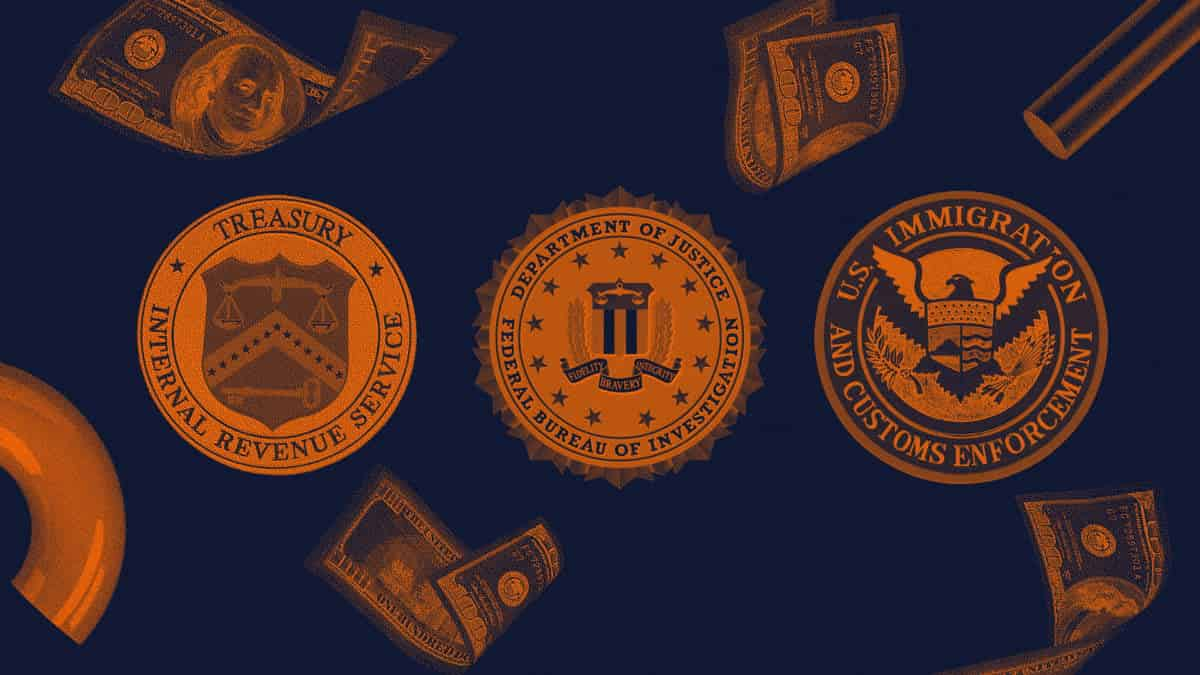US IRS finalizes controversial tax rule requiring 'DeFi brokers' to collect user trading information
Quick Take The finalized rule would mean that “DeFi brokers” will follow the same rules as brokers that handle securities, the U.S. Treasury said on Friday. The rulemaking has drawn criticism from crypto industry participants who say crypto is different from traditional assets.

The U.S. Internal Revenue Service has finalized rules requiring certain brokers in decentralized finance to report on gross proceeds in digital asset sales.
Under the updated regulation , "DeFi brokers" will act like traditional brokers who handle securities and be required to collect information about their users' trades and send them a Form 1099, according to a statement from the U.S. Department of the Treasury on Friday. Brokers are required to send clients these 1099 forms, which are used to report payments not typically from an employer, such as income other than salaries.
“These regulations will help ensure that all taxpayers play by the same set of rules and have access to the information they need to file their taxes accurately,” said Aviva Aron-Dine, acting assistant secretary for tax policy, in a statement on Friday. “Aligning tax reporting requirements for digital assets with reporting for other assets will make filing easier and cheaper for compliant taxpayers while also helping close the tax gap."
Some "decentralized finance industry participants" will have to file those tax returns revealing "the name and address of each customer," according to the rule published in the Federal Register on Friday. The Treasury notes the finalized rule applies to "front-end service providers" that interact "directly with customers," which suggests entities that run the primary website used to access a decentralized protocol, rather than the protocol itself.
An often cited example of an entity that may be implicated by the IRS' expanded definition of a broker is Uniswap Labs, which maintains the most active portal to interacting with the decentralized exchange at uniswap.org, though it is unclear how the rule will play out.
Many crypto industry experts have criticized the expanded tax reporting requirements because crypto is different from traditional assets and it's not always obvious in DeFi who or what entity would collect and disseminate user data. In some instances, there are no centralized service providers that interface directly with users — making it what some have called an "unsquarable circle." This is to say nothing of the privacy implications.
The rule is expected go into effect on or after Jan. 1, 2027, according to the filing. The idea of bolstering tax-enforcement efforts for digital asset service providers was first mentioned in the Infrastructure Investment and Jobs Act passed in 2021 to help pay for the spending authorized by the bill.
The IRS first published new proposed regulations on tax reporting requirements for cryptocurrency brokers in August 2023 and later released a version that included language requiring exchanges to be subject to its new rules set to go into effect in 2025. That revised version did not finalize a definition of "digital asset middleman" for DeFi, in part due to industry pushback.
Although one commentator said that DeFi should not be treated the same as traditional securities brokers because they face more challenges in "setting up information collection and reporting regimes," the IRS said it disagreed.
"The Treasury Department and the IRS do not agree that DeFi participants should be excluded from the information reporting rules under section 6045 because of a lack of financial services experience or because of a purported lack of comprehensive regulatory oversight," the IRS and Treasury said on Friday. "Persons with technology expertise that operate trades or businesses relating to financial services should comply with the same rules as any other person operating financial services businesses."
Bill Hughes, Consensys senior counsel and director of global regulatory matters, said the rule could face challenges in court and in Congress. "First, a lawsuit will be filed claiming that the rule is beyond the authority of Treasury and violates the Administrative Procedure Act," Hughes said in a post on X on Friday. "Later, the rule will likely come under Congressional review where it can be disapproved of, like this year’s vote on SAB 121."
The Blockchain Association, an industry lobbying group based in Washington D.C., said it will take "aggressive action" to fight the rule change.
The Congressional Review Act, or CRA, was enacted in 1996, and can be used by lawmakers to "overturn certain federal agency actions," according to the Congressional Research Service.
Disclaimer: The content of this article solely reflects the author's opinion and does not represent the platform in any capacity. This article is not intended to serve as a reference for making investment decisions.
You may also like
Ronin Bridge CCIP Migration Begins with Chainlink-Powered Security

Celo and Bando Makes Crypto Easy for Buying Gift Cards and Data

VeChain Partners with 4ocean to Advance Ocean and Land Sustainability with Blockchain

Inflation Isn’t Slowing Down and BlackRock CEO Knows Why

